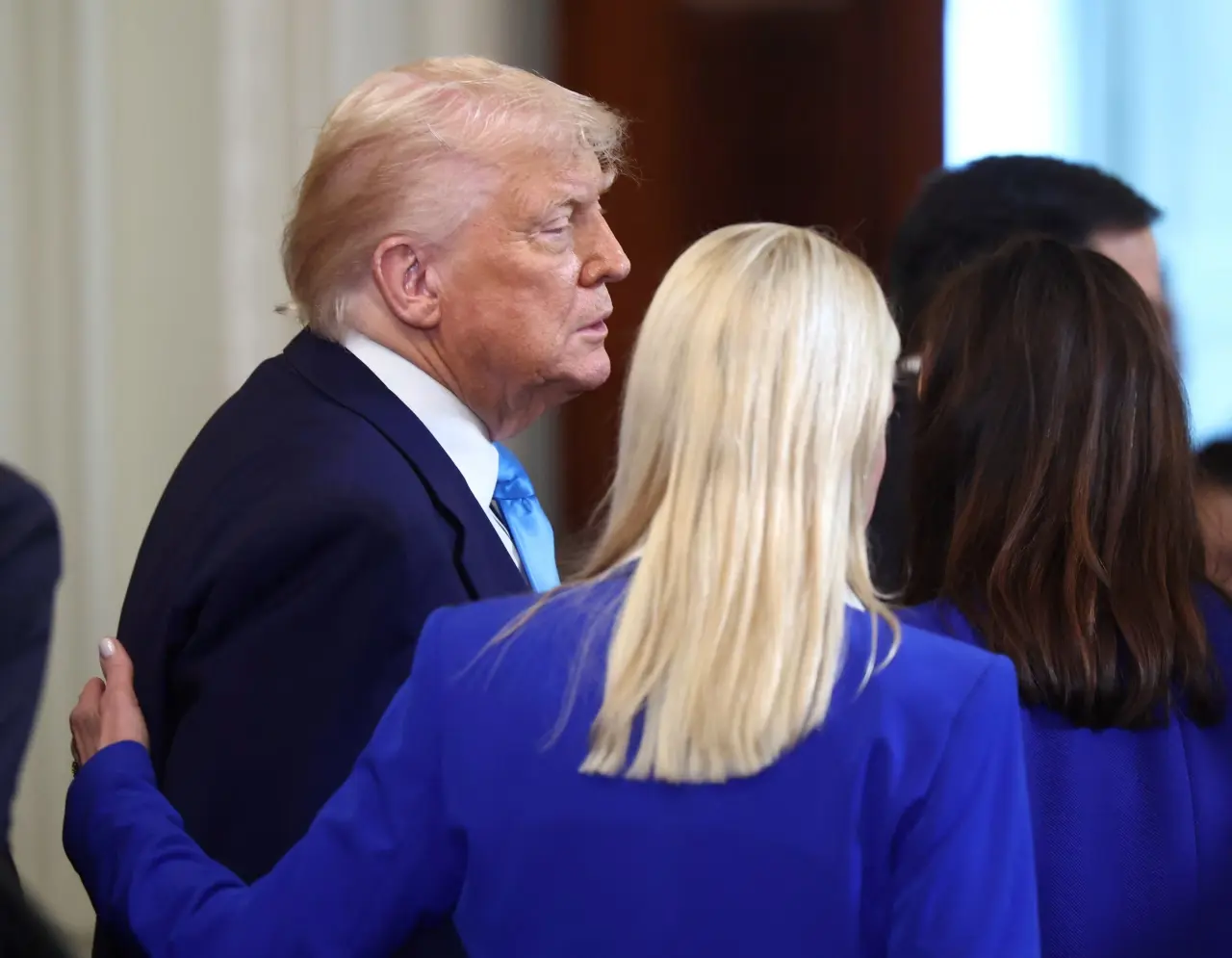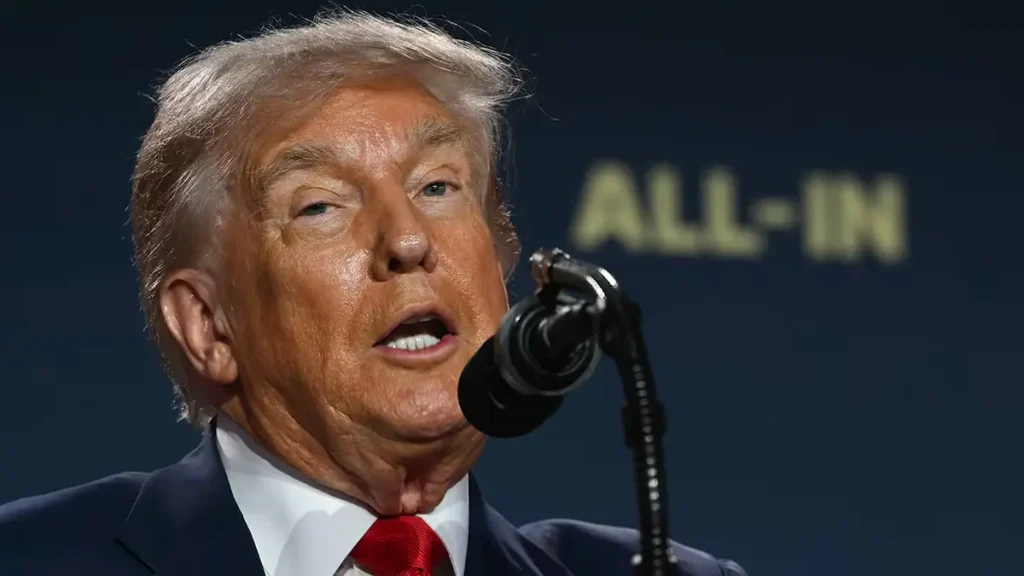What Are the Epstein Files?
“Epstein Files” refers to the internal Justice Department and FBI records tied to Jeffrey Epstein, the convicted sex trafficker who died in 2019. These materials include flight logs, contact lists, and witness statements—some redacted—documenting Epstein’s extensive network of associates. While not official indictments, the files contain references to hundreds of high-profile individuals mentioned during investigations. Many believe they may hold new insights into Epstein’s operations and connections.
Trump’s Name Listed “Multiple Times”
In May 2025, Attorney General Pam Bondi and her deputy Todd Blanche informed President Donald Trump that his name appears several times in the Epstein Files. Though characterized largely as “unverified hearsay,” Trump reportedly acknowledged being briefed and approved a decision to withhold further public release of documents.

The Department of Justice justified the decision by citing concerns over victim privacy and the inclusion of sensitive content such as child pornography. Despite these denials, Trump has refuted allegations of wrongdoing and has since branded the reports as “fake news,” even filing defamation suits against the Wall Street Journal.
Legal and Political Fallout
A federal judge in Florida denied a request from Trump’s administration to unseal relevant grand jury transcripts, stating the court lacked jurisdiction without meeting legal standards for transparency. This marks the first court-ordered halt to an attempt by the White House to declassify documents.
Pressure has mounted within the Republican Party for greater transparency. Lawmakers like Speaker Mike Johnson and Senator Tommy Tuberville have been caught between defending Trump’s position and acknowledging public demand for accountability. Some GOP senators are now urging Bondi—even referred to as “release the damn files”—while House Republicans have begun subpoena actions targeting Ghislaine Maxwell’s testimony.
Congressional Oversight
The House Oversight Committee, notably bipartisan in its support, issued subpoenas for DOJ files and drummed up calls for Maxwell’s testimony. Her statements, upcoming in August, may shed further light on the scope and validity of the Epstein Files.
Public trust is at stake: a Reuters–Ipsos poll suggests over two-thirds of Americans believe the government is withholding client lists and details of Epstein’s network.
At the same time, conspiracy theories linking Epstein’s death to political figures—like the “Clinton body count”—continue to spread online, highlighting the lack of consensus and fueling distrust.
DOJ and FBI Investigation Status
Officials have concluded that no further criminal activity was uncovered in the files, and the DOJ reaffirms that no new investigations are warranted. However, they have asked courts to unseal additional transcripts—which the judge has thus far refused.
A growing faction of GOP lawmakers and public voices are likely to challenge the White House’s decision, setting the stage for potential legislative or judicial challenges ahead of 2026.
Ghislaine Maxwell’s upcoming testimony—subpoenaed by the House Oversight Committee—may introduce new contextual evidence about Epstein’s associations and the relevance of the blocked files.
The Epstein Files controversy continues to shake U.S. politics. A judge’s decision blocking the release of grand jury transcripts underscores both legal barriers and political tensions around transparency. With Trump’s name confirmed in the documents and growing GOP dissension, the file release debate is far from over. Public faith in the process remains fragile, as both mainstream and fringe narratives shape the national conversation. The unfolding legal and congressional proceedings will be critical in determining whether more of the Epstein Files—and their mysteries—will finally see the light.


